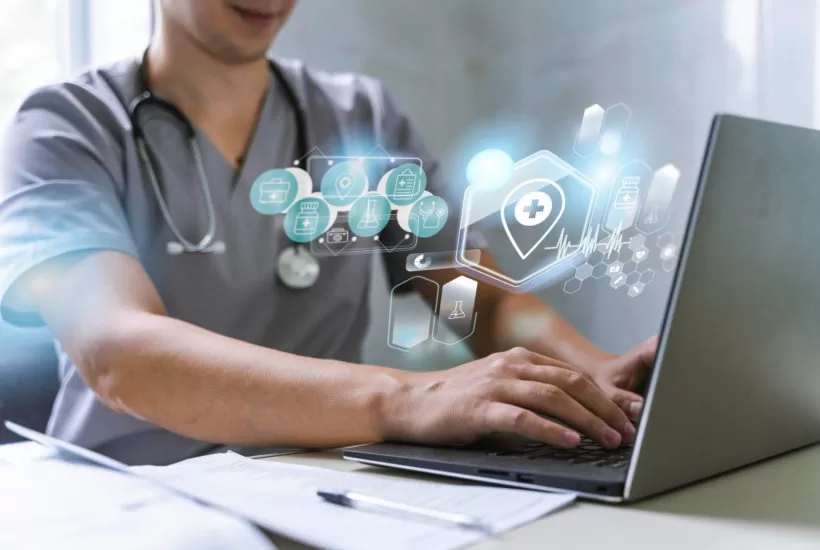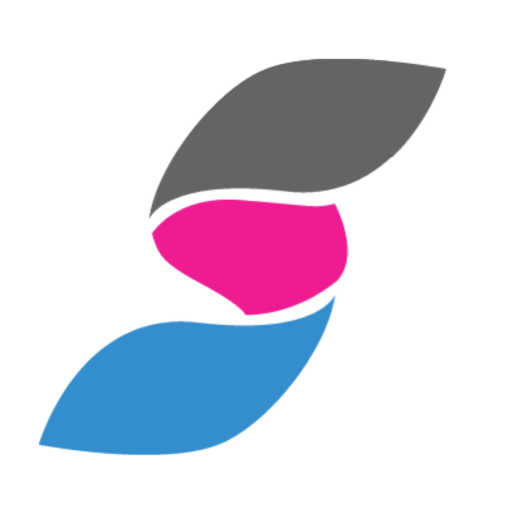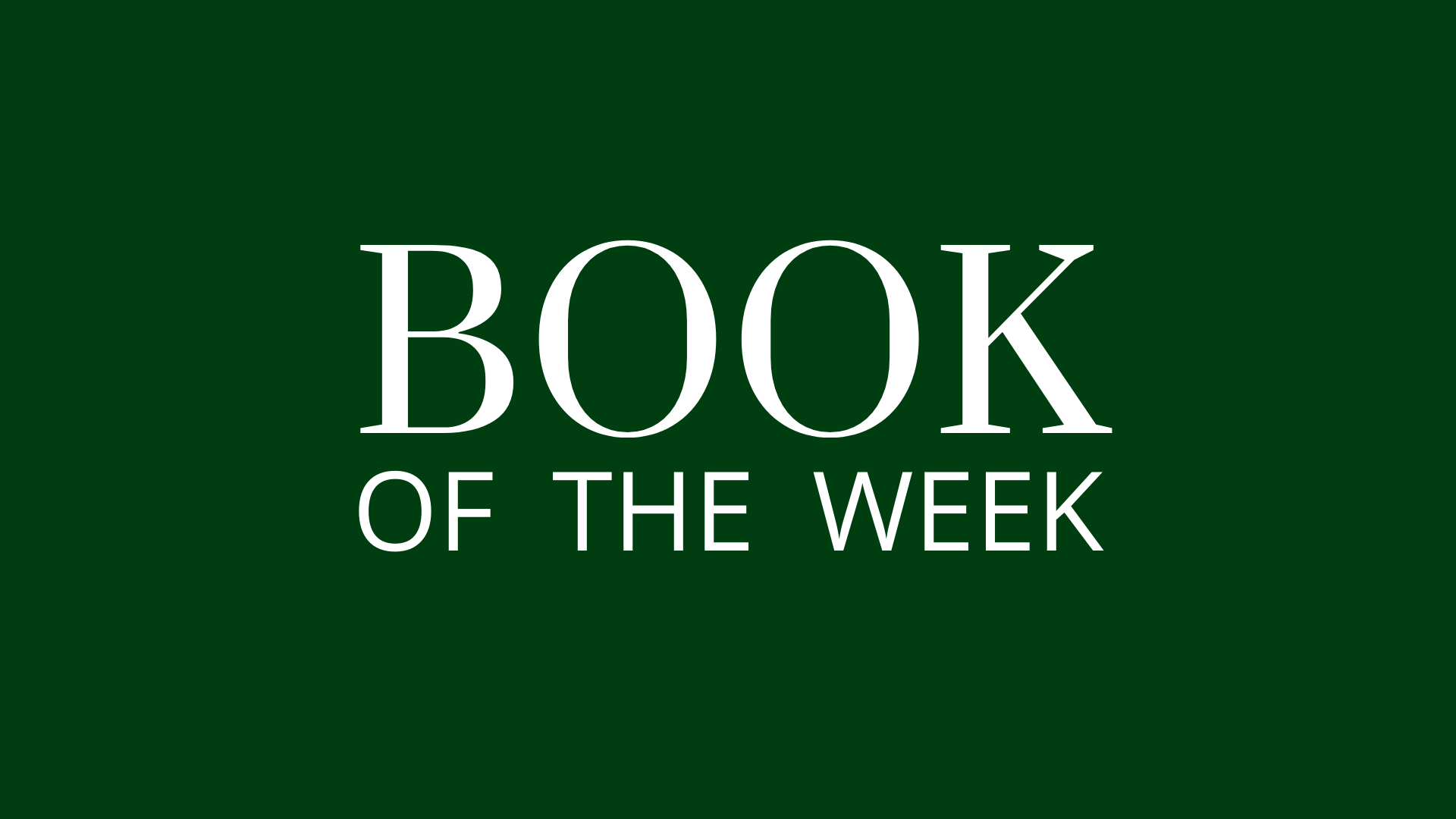
All About eFax Solutions in the Healthcare Industry
Published by Smart Office
Despite remarkable advancements in medical technology and significant investments in electronic health records (EHR), faxing continues to be a dominant method for transmitting patient data, prescriptions, test results, and referrals. Let’s look at how eFax solutions target the unique challenges of the healthcare sector.
Why Faxing Remains Popular in Healthcare
According to the Medical Group Management Association, 89% of healthcare offices in the US still use fax machines, with about 75% of medical communications taking place by fax. In Canada, over two-thirds of doctors prefer to use fax as their primary means of communication, with clinics transmitting over 24,000 pages of faxed information daily, per The Globe and Mail (link).
While electronic health records (EHRs) have improved record management within healthcare systems, faxing still fulfills critical needs:
- HIPAA Compliance: Faxing ensures the secure exchange of patient information, a requirement under the Health Insurance Portability and Accountability Act (HIPAA). Unlike email, which can be challenging to secure, faxing allows for the transmission of sensitive data without the risk of improper disclosure.
- Reliability: Healthcare providers need assurance that important information reaches its destination. eFax technology offers immediate confirmation of receipt, significantly reducing the chance of miscommunication.
- Interoperability: Faxing is a universally recognized standard, allowing seamless communication between different systems. This interoperability is crucial for healthcare providers who rely on various EHR systems.
- Ease of Use: For many healthcare professionals, faxing is a familiar process. Transitioning to real-time eFax solutions allows clinics to maintain their existing workflows while benefiting from digital technology.
The Challenges of Legacy Fax Systems
Despite the prevalence of faxing, traditional fax systems come with significant drawbacks, such as missed faxes, privacy issues, and high maintenance costs. During the COVID-19 pandemic, legacy fax technologies struggled to cope with increased demand, leading to backlogs of essential information. Fortunately, healthcare providers can now move beyond outdated technologies.
Real-time eFax technologies address common pain points faced by healthcare providers:
- Missed or Delayed Referrals: In the U.S., over 100 million specialty referrals are made annually, but only half are successfully completed. Legacy systems often result in missed or incomplete transmissions. eFax minimizes these risks by transmitting data instantly and providing confirmation upon receipt.
- Reliability: Real-time eFax significantly reduces transmission failures. With immediate feedback on whether a fax has succeeded or failed, healthcare providers can ensure critical information is relayed accurately.
- Data Security: Security is a top concern in healthcare. Real-time eFax eliminates the need for “middlemen,” reducing the risk of data breaches. Moreover, T.38 technology allows for encryption, enhancing the protection of patient information and ensuring HIPAA compliance.
- Cost: Transitioning to eFax can result in substantial cost savings. T.38 IP fax is generally more affordable than traditional analog systems, reducing monthly expenses and maintenance costs. As healthcare organizations grow, scaling up eFax solutions is quick and economical.
- Compatibility: T.38 is a standard protocol that facilitates easy communication between different fax systems, regardless of the EHR in use. This compatibility simplifies data exchange between organizations and enhances operational efficiency.
- Ease of Use: Real-time eFax is designed to integrate seamlessly with existing systems, requiring little to no additional training for staff. This transition can occur without disrupting daily operations, making it an attractive option for healthcare providers.
As large telephone companies phase out traditional analog fax services, transitioning to eFax becomes increasingly essential. This modern solution not only upholds HIPAA compliance but also ensures reliable and secure communication for sensitive patient information.
Still Have Questions?
If you’re considering making the switch to eFax, Smart Office offers a free consultation and trial to help assess your needs. Contact us to learn more. And check out our other articles for more advice on specific industries and use cases.

Ready to Connect?
Explore our cloud-based phone and conferencing tools.
Site Search:
All Topics:
Learn more about our services and the industries we serve.
- Book of the Week (51)
- Custom Development (20)
- Digital Business Cards (14)
- Dining and Bars (12)
- Direct Sales (29)
- eCommerce and Retail (23)
- Education (11)
- Email Marketing (15)
- Healthcare (11)
- Live Events (20)
- Payment Software (12)
- Political Groups (12)
- QR Codes (15)
- Real Estate (11)
- Smarticles (251)
- Sweepstakes (15)
- Text Marketing (68)
- VoIP Telephone (32)
- Web Meetings (41)




